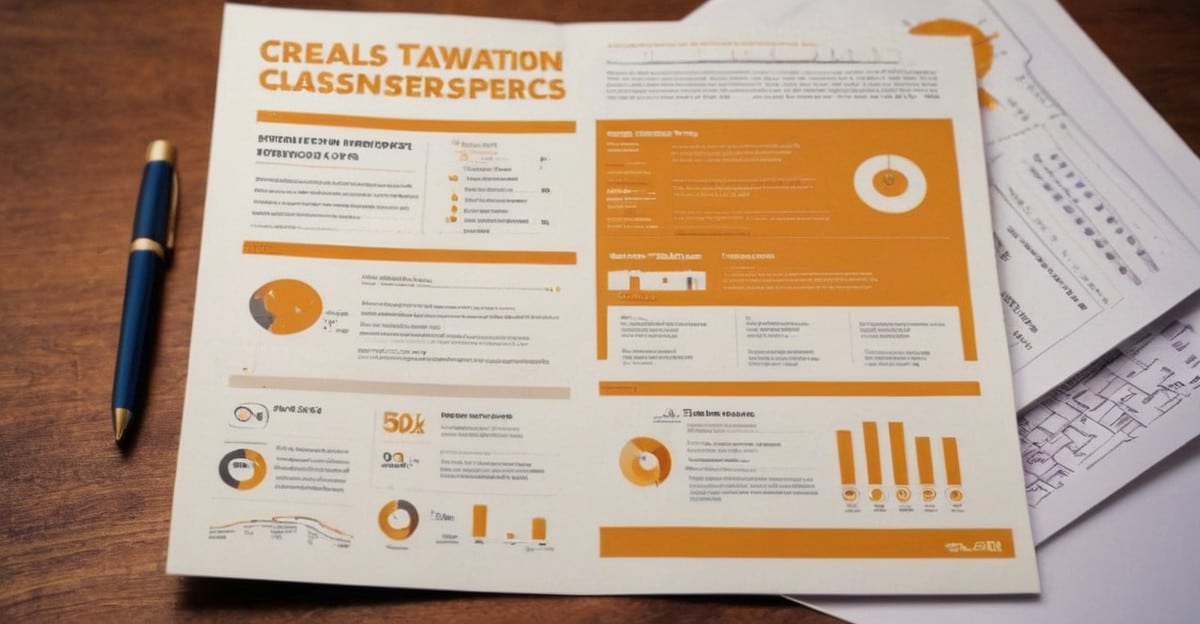Introduction to Freelancing Without a Business License
In the current gig economy, many professionals are choosing to pursue careers in freelancing. However, the query still stands: Is it allowed to work as a freelancer in 2024 without a business license? Yes, however there are some restrictions and things to keep in mind. The advantages, best practices, and legal aspects of freelancing without a company license will all be covered in detail in this post so you can stay compliant with the law and prevent any needless issues.
The secret to success while freelancing without a company license is knowing the ins and outs of the field, whether you work as a writer, consultant, or graphic designer. Continue reading to find out more about how to easily traverse this challenging terrain.

Understanding the Legal Landscape
The legal environment in which you can freelance without a company license differs based on your region and the type of work you do. In many jurisdictions, small-scale freelancers are not obliged to seek a company license, especially if their income falls below a specified threshold. To guarantee compliance, it’s crucial to review the particular laws in your region.
While some states and towns have more stringent regulations, others don’t. For example, even if you make very little money, in some regions you might need a business license if you frequently conduct business under a business name. To fully understand your obligations, it is imperative that you refer to local rules or obtain legal counsel.
Benefits of Freelancing Without a Business License
Less administrative work is one of the main advantages of freelancing without a business license. You are free to concentrate more on your work and less on paperwork if you do not require a business license. You might also be able to avoid paying the costs connected with getting and maintaining a license.
It also has the benefit of flexibility. You can explore the possibilities and determine whether freelancing is the best match for you without having to commit to anything by freelancing without a business license. Those who are just starting out or want to do side gigs as a side gig may find this especially helpful.
Drawbacks and Risks
Although working as a freelancer without a company license has many advantages, there are dangers and disadvantages involved. Potential legal problems are one of the main worries. There may be fines, penalties, and in certain situations legal action associated with operating without the necessary business license.
Furthermore, you can find it more difficult to grow your company if you don’t have a business license. A lot of customers favor doing business with licensed companies, and certain contracts could call for licensing documentation. You can pass up profitable possibilities and find it difficult to advance your freelance profession if you don’t have a company license.
Alternative Legal Structures
Alternative legal structures should be taken into consideration if the risks of freelancing without a business license worry you. Establishing a company, LLC, or sole proprietorship can help you function more professionally and offer legal safeguards. The structure that best suits your demands must be chosen because each one has different requirements, advantages, and disadvantages.
For freelancers, the most basic and popular structure is a sole proprietorship. It lets you record company income on your personal tax return with the least amount of paperwork. It does not, however, provide liability protection. Conversely, an LLC offers liability protection but necessitates more expenses and administrative effort.
Tax Considerations
Whether you have a business license or not, taxes are an important factor for any freelancer to take into account. You must pay self-employment taxes as a freelancer, which include Medicare and Social Security taxes. You might still have to include a Schedule C with your tax return to detail your business’s revenue and outlays even if you don’t have a business license.
Maintaining precise documentation of your earnings and outlays is crucial to guarantee you’re paying the appropriate tax. To be sure you’re maximizing all of the deductions available and navigating the complexities of self-employment taxes, think about consulting with a tax expert.
Client Relationships and Contracts
Developing a solid rapport with clients is essential for independent contractors. It is even more crucial to set clear expectations and safeguard oneself with carefully designed contracts if you do not have a company license. A good contract should include the terms of payment, the task to be done, deadlines, and any other pertinent information.
A well-written contract can assist avoid misunderstandings and offer legal protection in the event that a client breaks the terms of the arrangement. Think about hiring a lawyer to design or review your contracts to make sure they offer enough protection.
Marketing Yourself Without a Business License
Without a company license, marketing yourself as a freelancer can be difficult but not impossible. Make a point of developing a powerful personal brand and using a website, portfolio, and social media presence to highlight your abilities.
Making connections is also very important. Join associations for professionals, go to industry events, and make connections with possible partners and customers. Word-of-mouth referrals may be a valuable marketing tool, so always strive to produce high-quality work and outstanding customer service.

Resources for Freelancers
Even without a business license, freelancers can prosper with the support of a plethora of resources. Online marketplaces such as Fiverr, Upwork, and Freelancer.com can help you find clients and generate a consistent flow of work. Furthermore, a plethora of associations tailored to particular industries provide freelancers with tools, networking opportunities, and assistance.
Joining online networks and forums can help you learn from other freelancers, ask questions, and exchange experiences. You may overcome the difficulties of working as a freelancer without a company license and have a successful career by remaining informed and connected.
Conclusion
In conclusion, many professionals may find that freelancing without a business license is a reasonable alternative. However, it’s necessary to grasp the legalities, rewards, and hazards involved. You may have a profitable and trouble-free career as a freelancer by being aware and taking proactive measures to safeguard your company and yourself.
The important thing is to focus your professional development and adhere to local legislation, regardless of whether you decide to work as a freelancer without a business license or investigate other legal structures. You may succeed as a freelancer in 2024 and beyond if you have the appropriate strategy and tools.






